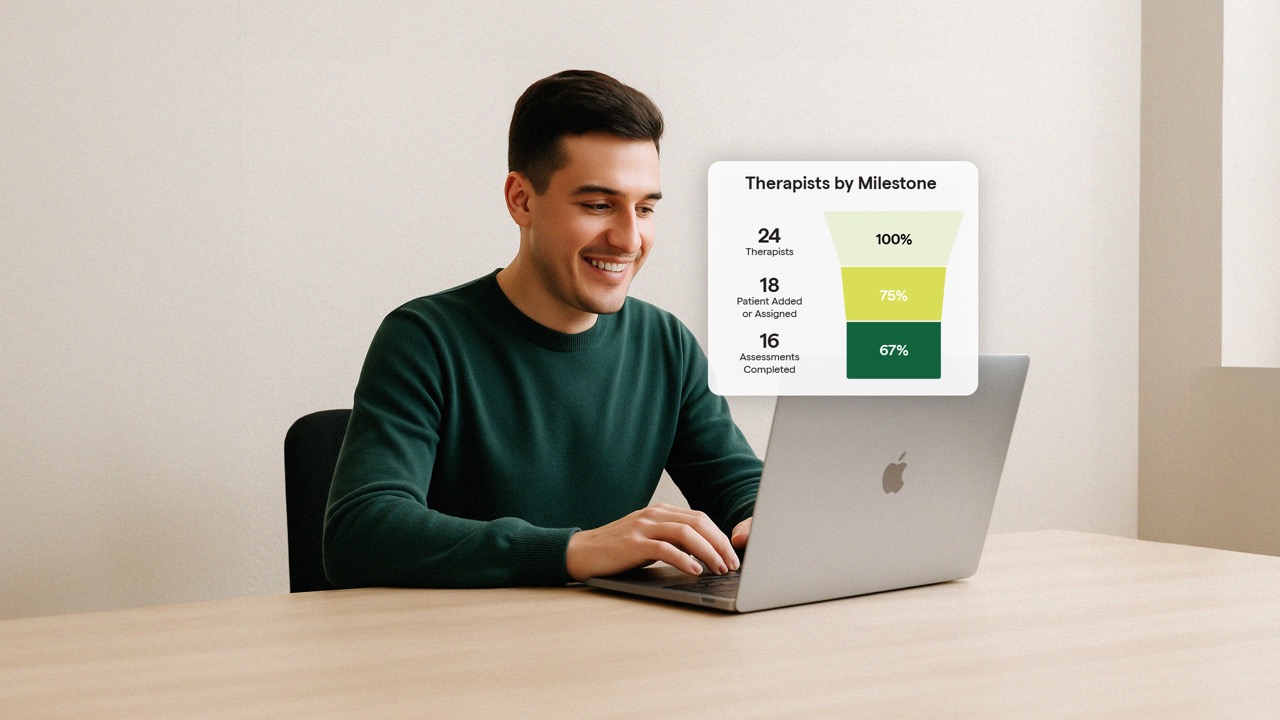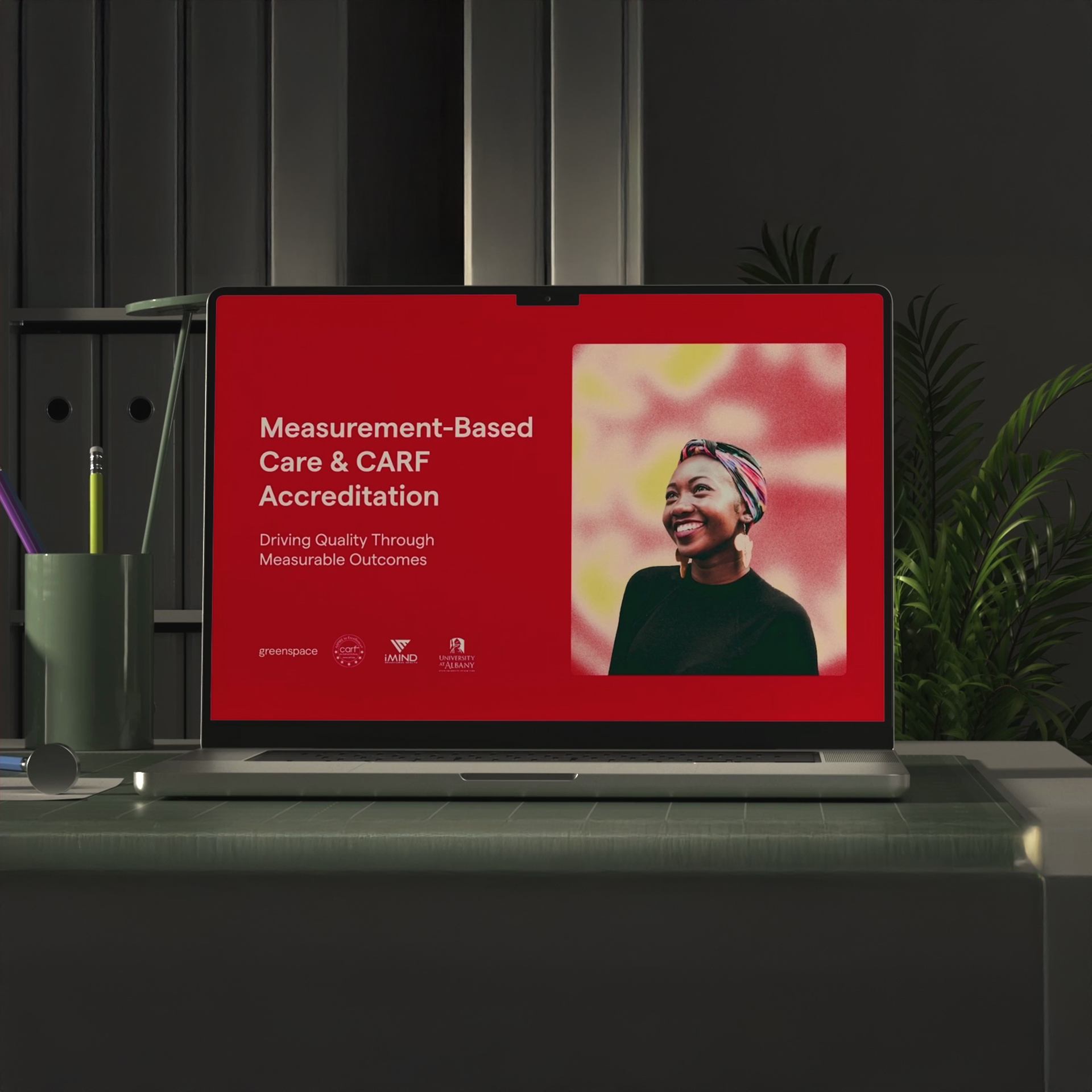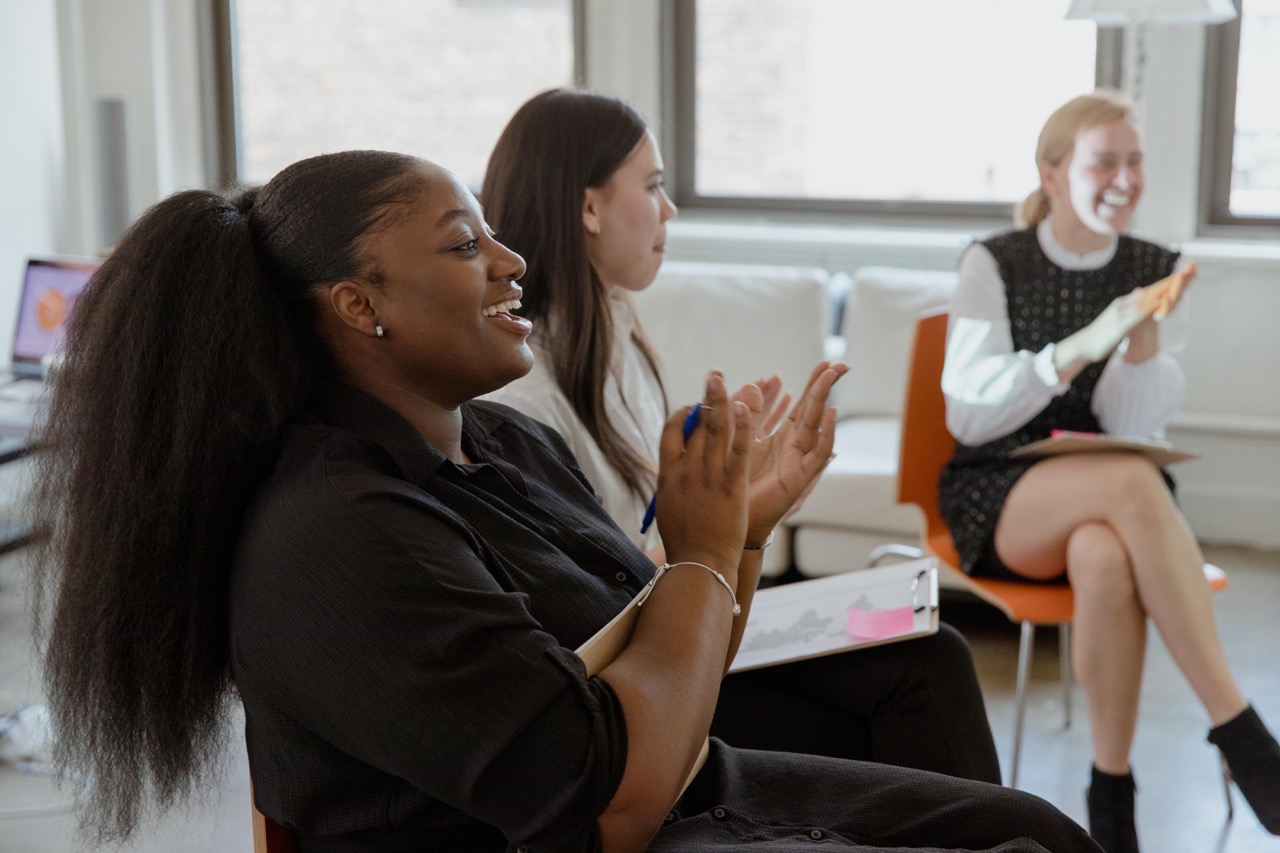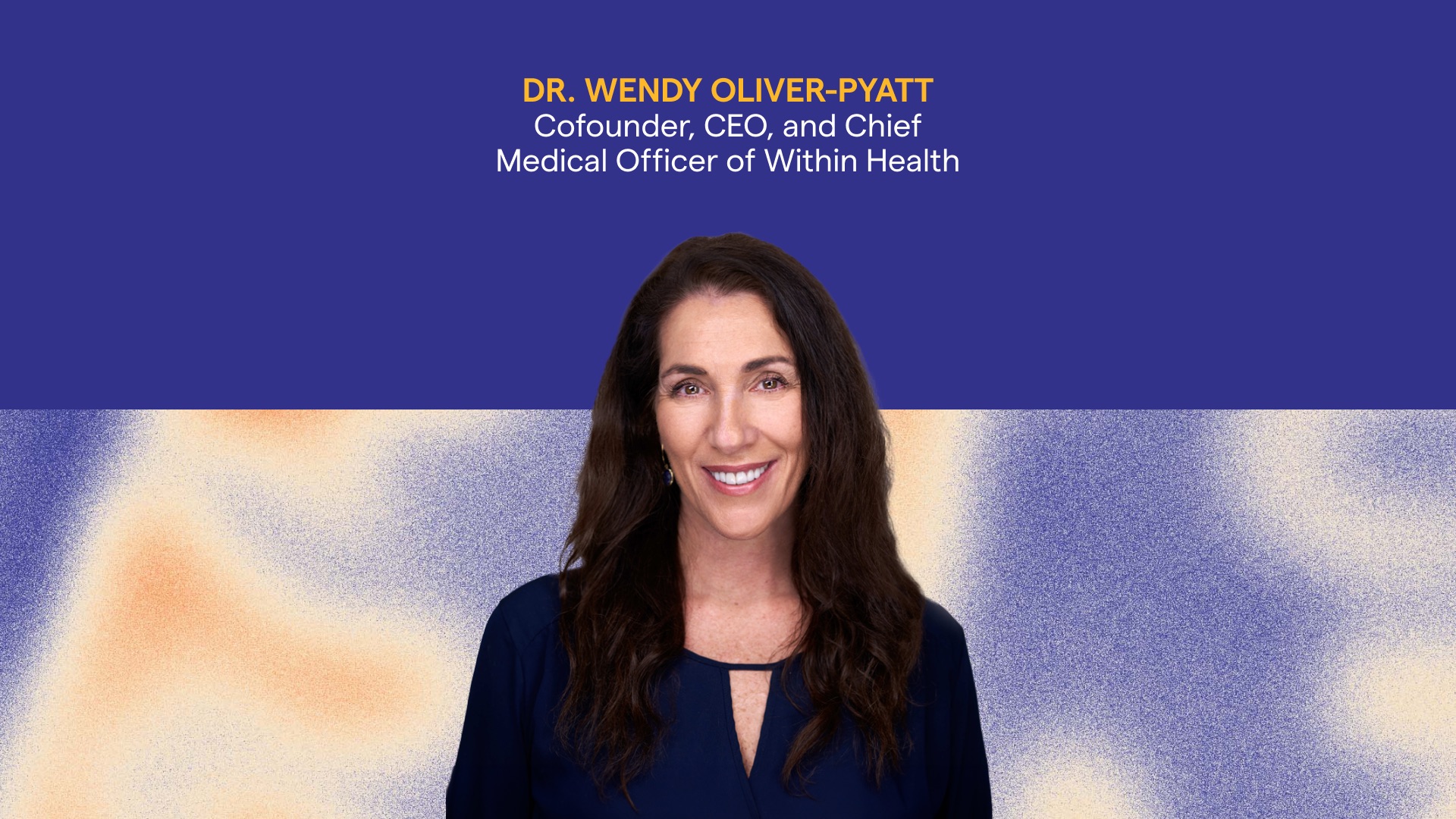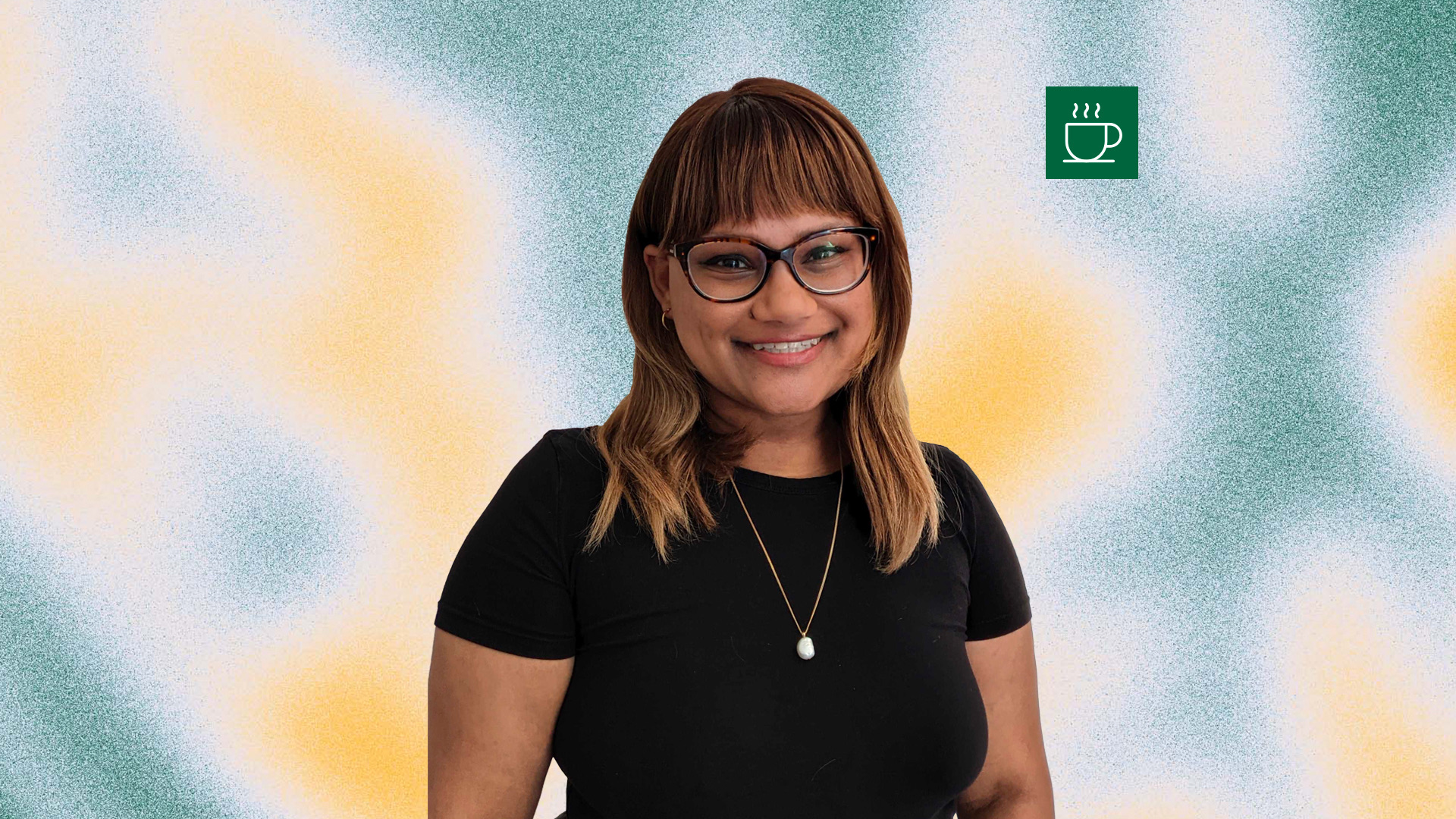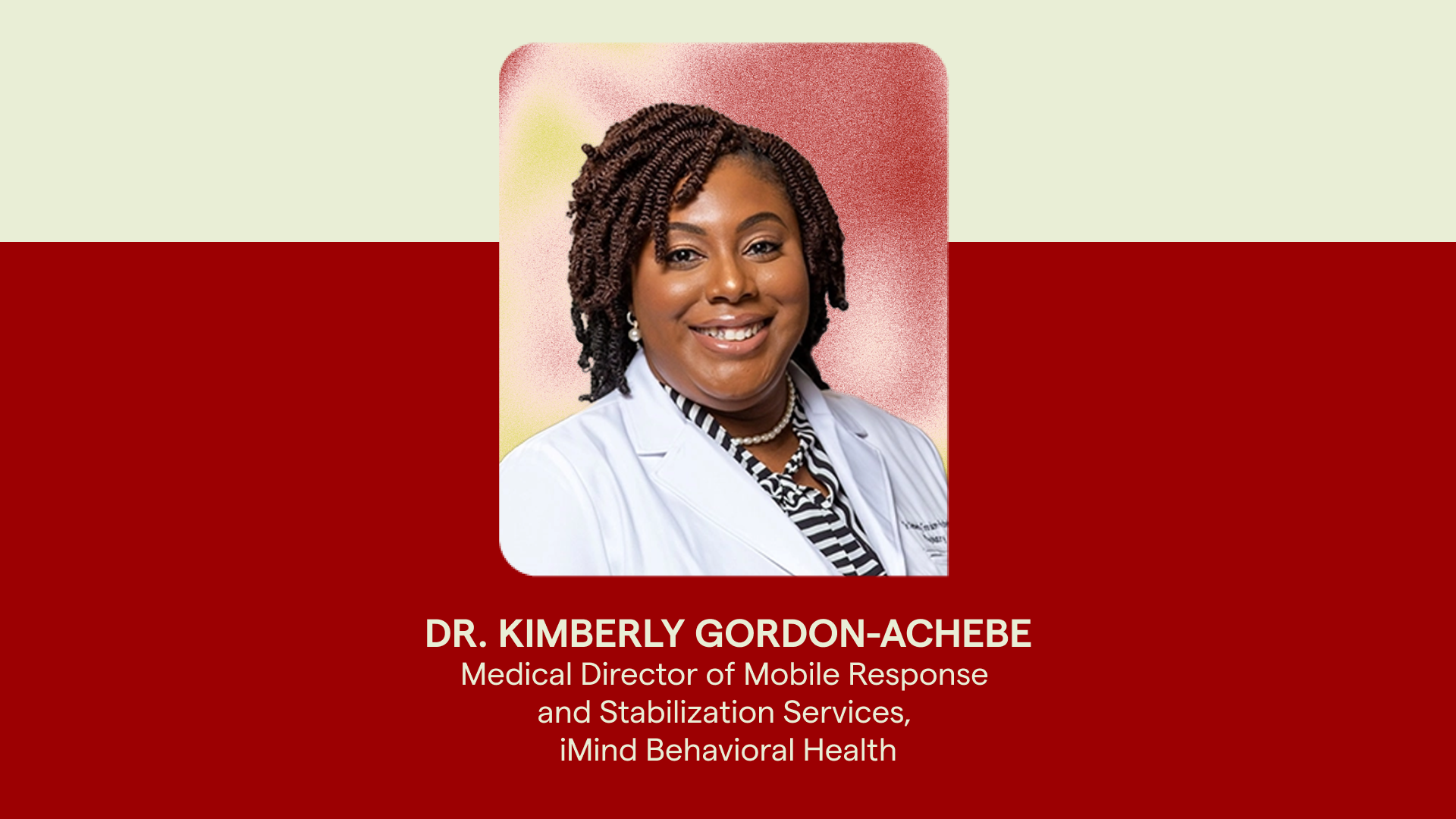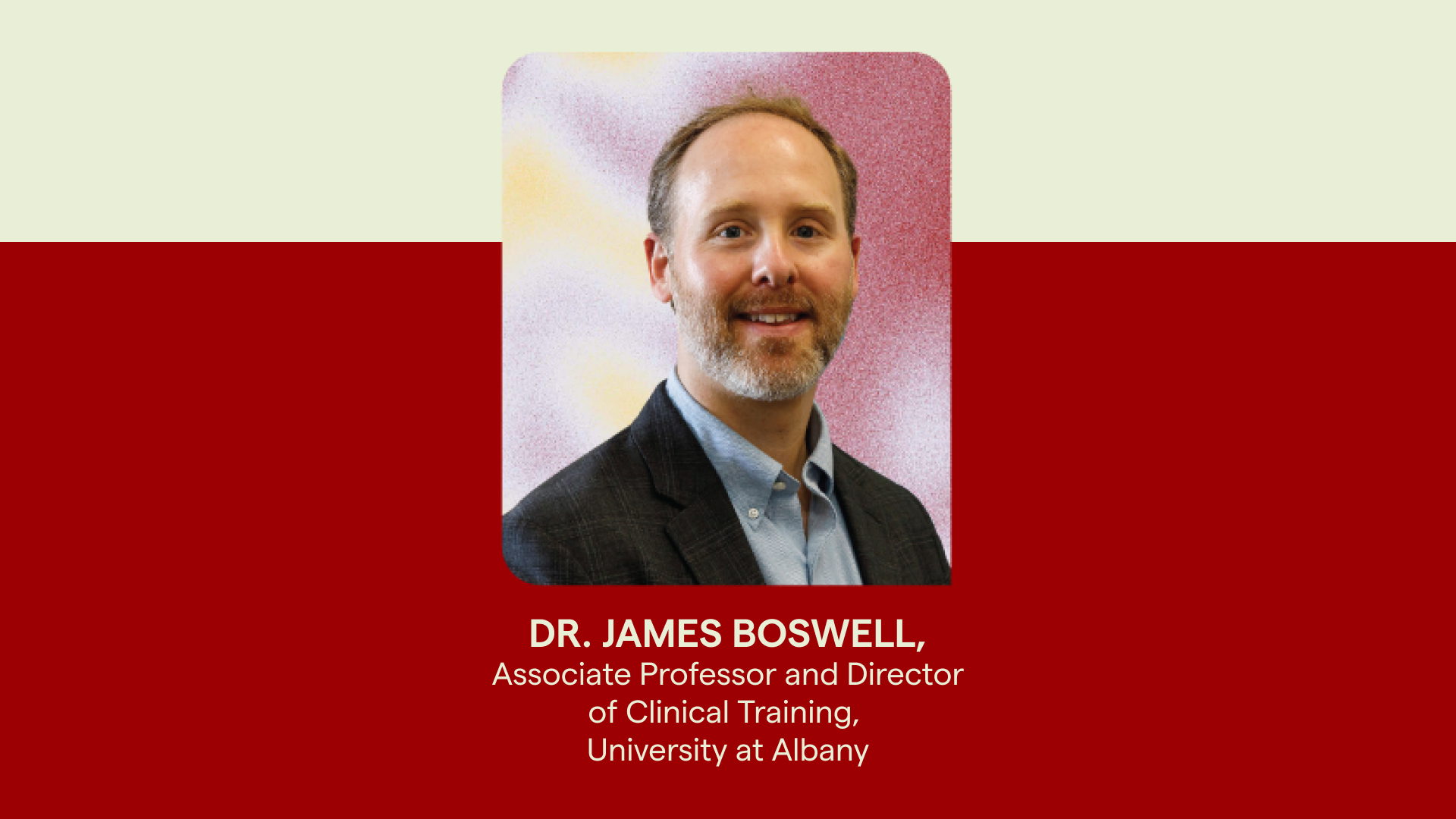
Welcome back to Coffee Break, a Greenspace Series where we dive deep with one of our team members to uncover their personal stories, perspectives, and new ideas — or maybe even learn about some of their hidden talents that we never knew about.
Victoria Chambers is well known at Greenspace for her love of live music— having attended an impressive 30 concerts last year— and her passion for travel. Notably, she joined our scheduled Zoom interview from beautiful Costa Rica, where she’s been working for the last couple of weeks. She’s a Sr. Customer Success Manager here at Greenspace and a master of work-life balance.
“I put a lot of effort in at work and I love what I do, but I also respect my personal time and the life I have outside of work. That gives me a lot of balance, reminding myself that work doesn’t have to be my whole personality.”
But she hasn’t always protected her life outside of work in this way:
“When I was working in corporate banking, I was often working 12 or 14 hour days. My roommate complained that she never saw me, because even on Saturdays, I would sleep in so late just because I was so exhausted from my week. It was hard to find my daily work meaningful, which is the opposite of how I feel now.”
This ‘grindset’ that used to dominate her life started back in undergrad, where she completed her B.S. in Biology. Since almost everyone wanted to go to med school, it bred a highly competitive nature in her program.
“In one of my very hard 2nd year Biology courses, the Prof says, ‘Okay, everyone raise your hand if you want to go into med school,’ and the majority of the 200-300 person lecture raised their hands, and he was like, ‘Yeah, two of you will get in’.”
Victoria was likely one of the few that had no interest in med school or lab work so, once she graduated, she decided to join the military part time while getting her MBA (the work ethic continues).
“My father was in the RCMP back in the day, my grandfather was in the Navy, and my school growing up made it mandatory to do 6 years of Army cadets—so when my dad mentioned it offhand, it seemed like the logical choice.”
Victoria chose to leave the military once her MBA was complete in 2019, taking many of the valuable lessons and skills she learned into the rest of her life.
“I think my biggest takeaway from the Military was the structure. Perhaps I’m more motivated to be Type A and organized in a lot of ways, because I think I can be a bit scatterbrained otherwise—like I’ll leave a credit card in my pants pocket and forget about it for 6 months.”
She also learned leadership skills and how to be a team player:
“There’s a very real group mentality. Don’t be lazy, because that’s when your peers will start telling you what to do. And if you work hard to support others, they’ll generally treat you with respect. When you step up to a leadership role in this environment, you learn pretty quickly how to speak your mind.”
These lessons have carried over into Victoria’s personality now. Most people at Greenspace know her as being passionate, direct, and not afraid to articulate her thoughts—especially since we have a culture that always welcomes suggestions for improvements and new initiatives.
“It’s never met with like ‘Well, why would you do that?’. Instead it’s, ‘Yeah that sounds great, let’s see how it plays out.’ And I feel like at Greenspace I’ve had a lot of impact of both my team and others across the company because I can share ideas and everyone is supportive.”
She spoke passionately about our work at Greenspace, and some of the ground that we still need to cover.
“We’re doing a lot of work to improve the actual services and treatments being administered to individuals. But it’s certainly not the only space in mental health that needs improvement—there’s still some very big gaps in the system that we’re working to address.”
She talked to us about the lack of pathways to get people the help they need, which results in too many falling through the cracks.
“It makes me kind of wake up a little bit, the fact that the system’s really far from perfect. Talking to providers and working with them to track people’s progress through treatment—which is one of the only ways to catch those early warning signs—can really be the thing that alters the course of someone’s life. That’s what motivates me to be involved in the work that we do. ”
